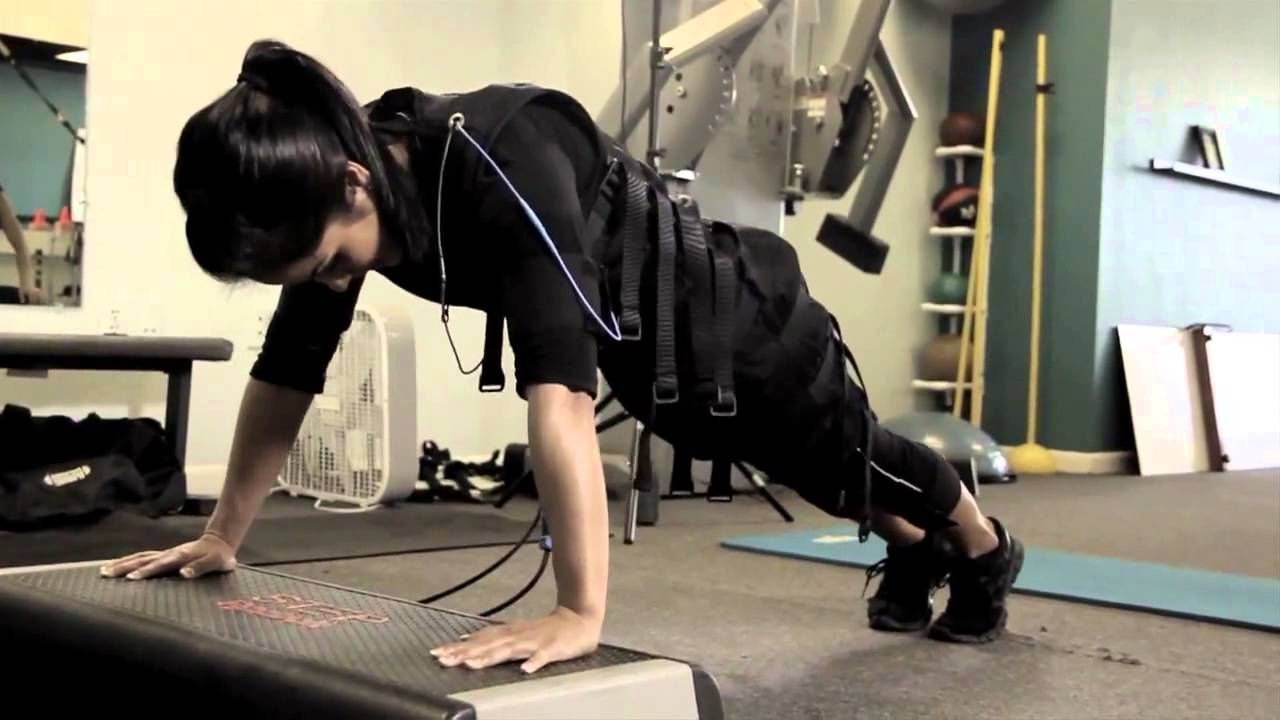1. What is the role of the vagus nerve in the fight or flight response?
The vagus nerve is among the cranial nerves connecting the brain and the body. It offers a calming effect to the body organs after a fight or flight response.
2. What do we know about the connection between the vagus nerve and stress? How, specifically, does the vagus nerve influence the stress response? Is there conclusive evidence for this or are we still in the “theory” stage?
The vagus nerve is part of the parasympathetic nervous system, which when triggered, it boosts the vagal tone. This relaxes the nervous system by reducing the heart rate and breathing.
3. What are the benefits of stimulating the vagus nerve?
They include;
- Acting as emotion regulators
- Reducing inflammation
- Lowering blood pressure
- Treating headaches and migraines
- Treating depression
4. Please list at least 3 exercises someone could try to stimulate this nerve. For each, explain the steps in as much detail as possible (how long to do it for, how frequently to incorporate it into your routine, etc.), and also briefly describe why/how they work to stimulate the nerve or what benefits someone might expect from trying it.
Deep breathing
A deep breath affects the fibers near the lungs, sending a sensory input to the vagus nerve that causes deep exhalation. This process stimulates the parasympathetic nervous system, making you relax. To do it, breathe in and hold for four counts. Then, exhale at the same count. Repeat this 10-12 times.
Meditation
Researchers conclude that meditation boosts the vagal tone and makes you feel great about yourself. Start by sitting in a quiet place free from destructions. Breathe in and examine your body from head to toe. As you do this, be keen to notice any disturbing thoughts. If they come, relax and bring your attention back. I recommend between 5 and 10 minutes of meditation.
Gargling
I advise my clients to gargle with water when they wake up and before bedtime. Do it for at least 30 seconds.
- FDC – Giejo Magazine Article - July 29, 2023
- MoriMa Tea the – Chinese tea culture - April 26, 2023
- Missionary Position – Least Likely To Bring You To Climax - April 7, 2023






